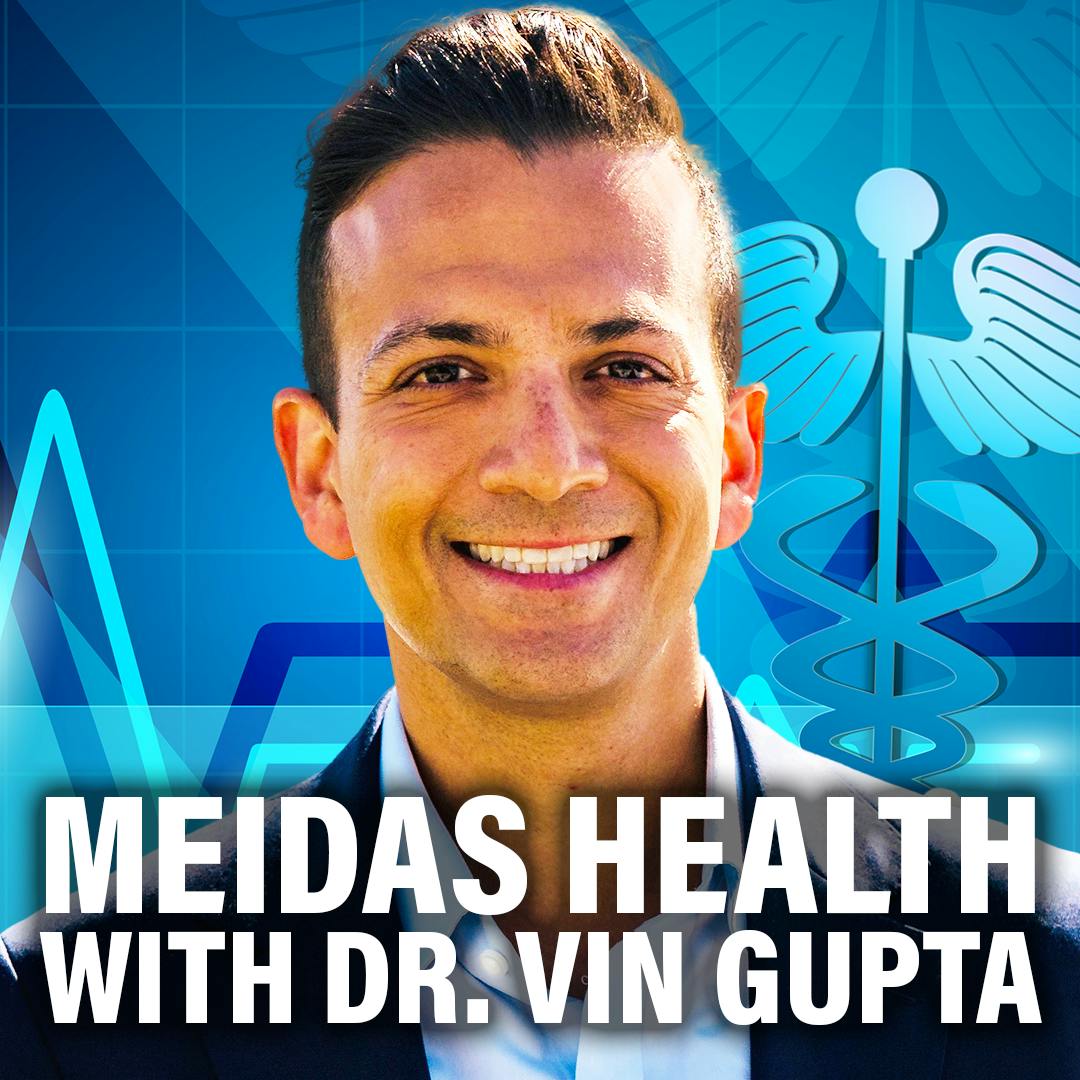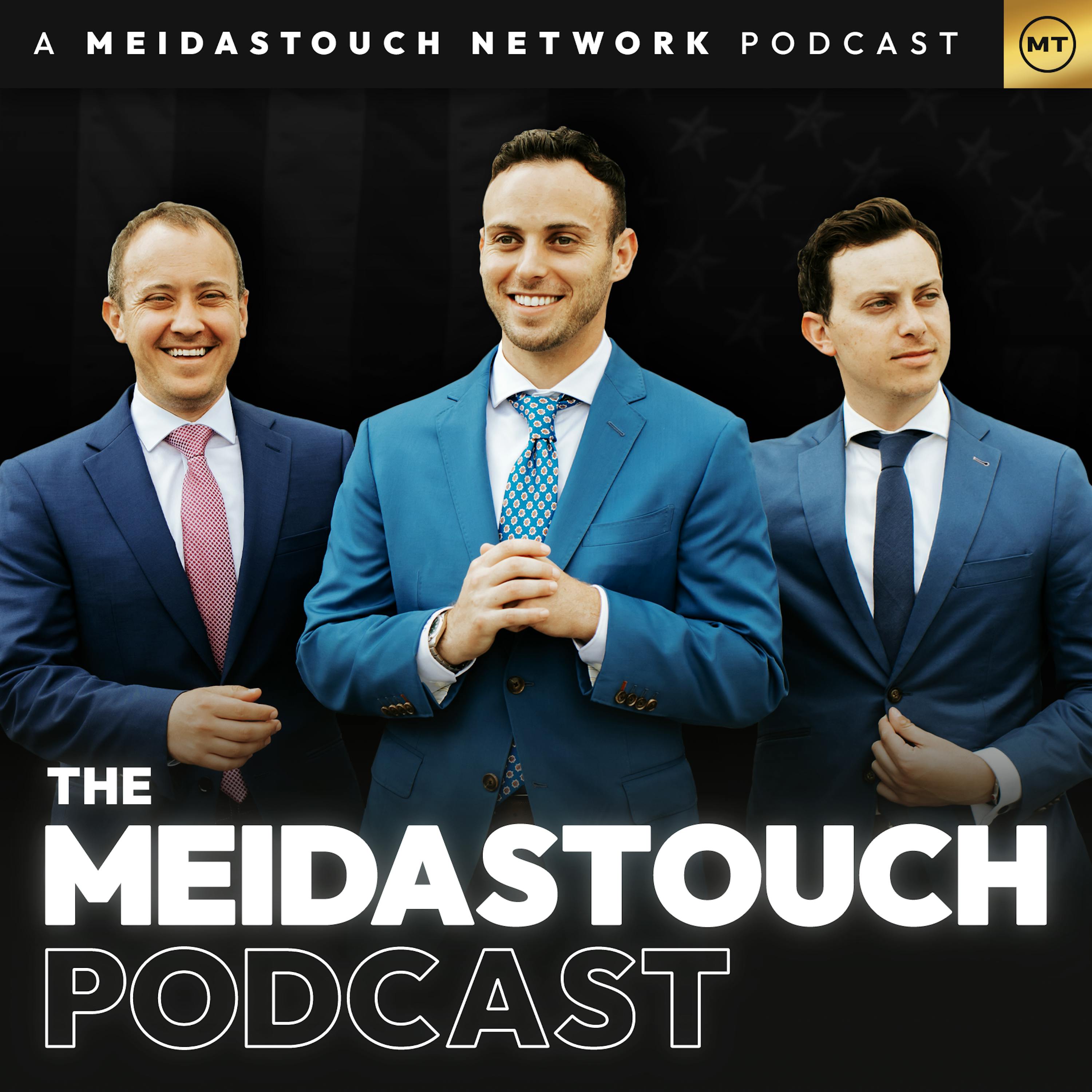Meidas Health, Episode 14: The President of the American Academy of Pediatrics
Unafraid to speak truth to power, President of the American Academy of Pediatrics Dr. Susan Kressly joins Meidas Health for a powerful discussion on truth, conviction, and her deep commitment to ensuring optimal childhood health for the nation.
Learn more about your ad choices. Visit megaphone.fm/adchoices
Learn more about your ad choices. Visit megaphone.fm/adchoices
Press play and read along
Transcript
Transcript hit a snag—refresh in a minute.
The MeidasTouch Podcast — Meidas Health, Episode 14: The President of the American Academy of Pediatrics

